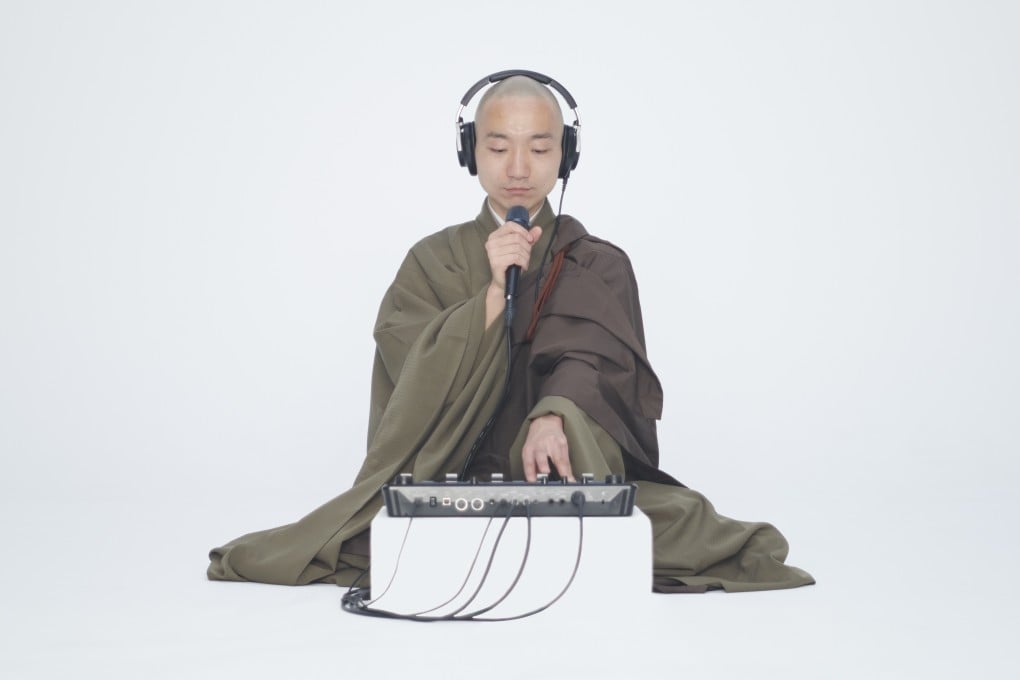Beatboxing Buddhist monk creates music to relax you and lift you up
- Yogetsu Akasaka, a Japanese Zen Buddhist, bought his first loop machine 11 years ago and began putting down beatbox tracks with layers of vocals
- He has since added chants, and takes his art to many non-spiritual places. ‘I’m trying to make people experience something spiritual,’ he says

Japanese Zen Buddhist monk Yogetsu Akasaka creates fantastically relaxing, immersive sounds and shares them online with his legions of followers.
He does it in incongruously hi-tech fashion, using his voice to record everything from droning chants to drums – he’s a beatboxer – then manipulating and looping the sounds he creates. The results are uplifting.
This is not the sort of thing monks generally do, but Akasaka, 37, is not a typical monk. Before he was ordained in 2015, he belonged to a theatre company formed in Fukushima prefecture, northeast Japan, after the region was devastated by the 2011 Tohoku earthquake and tsunami. He has also been a full-time busker in countries including the United States and Australia.
Based in Tokyo, Akasaka played guitar as a teenager and became a beatboxer in his early 20s. He bought his first Boss Loop Station in 2009 and started combining beatboxing with layers of vocals. Since then he has added Buddhist chanting to the mix.
“After I came back from my training at the temple, I was thinking that I wanted to do music again, but I wanted to do something as a Buddhist monk as well as a musician,” he says. “I thought: maybe I can try chanting on my music.